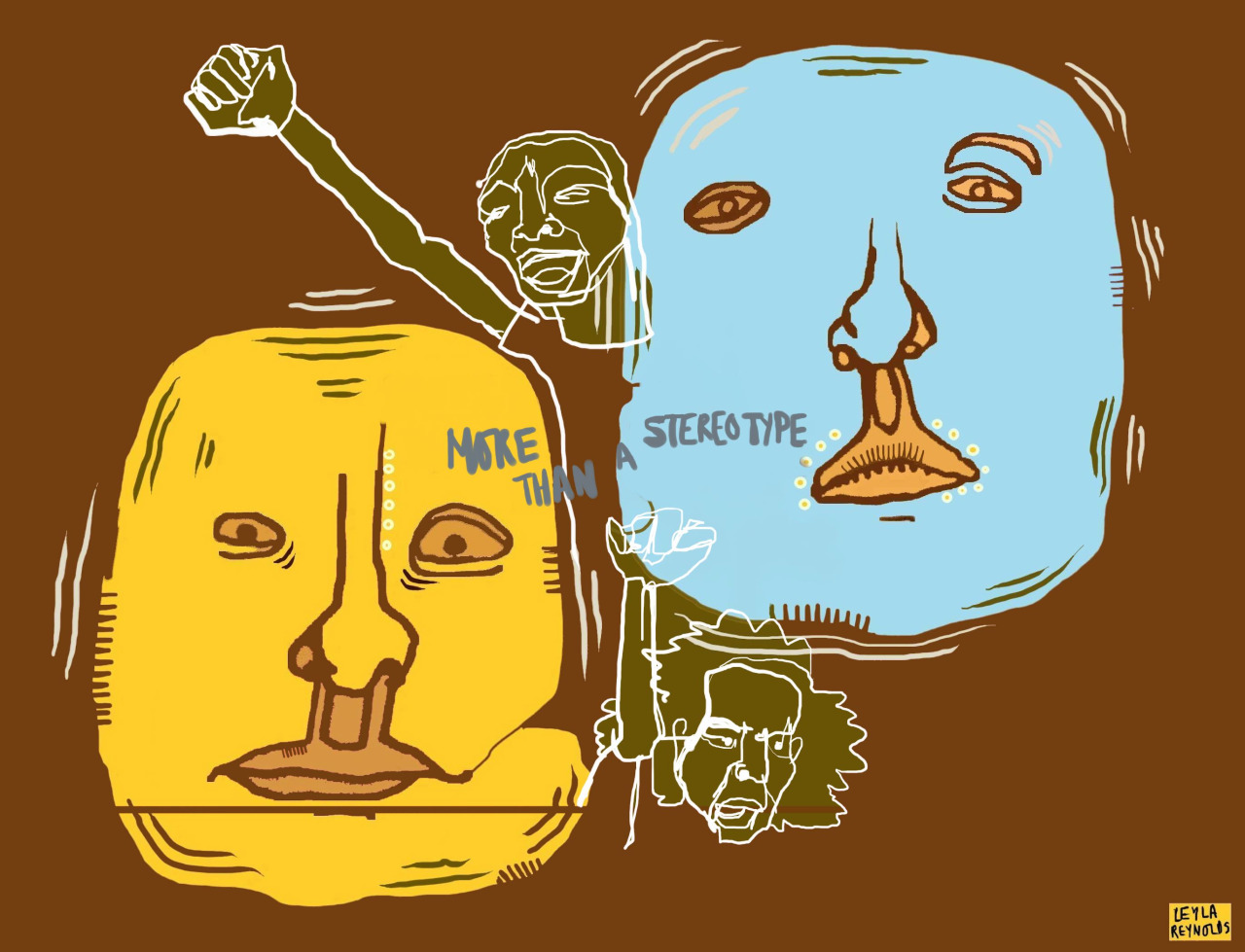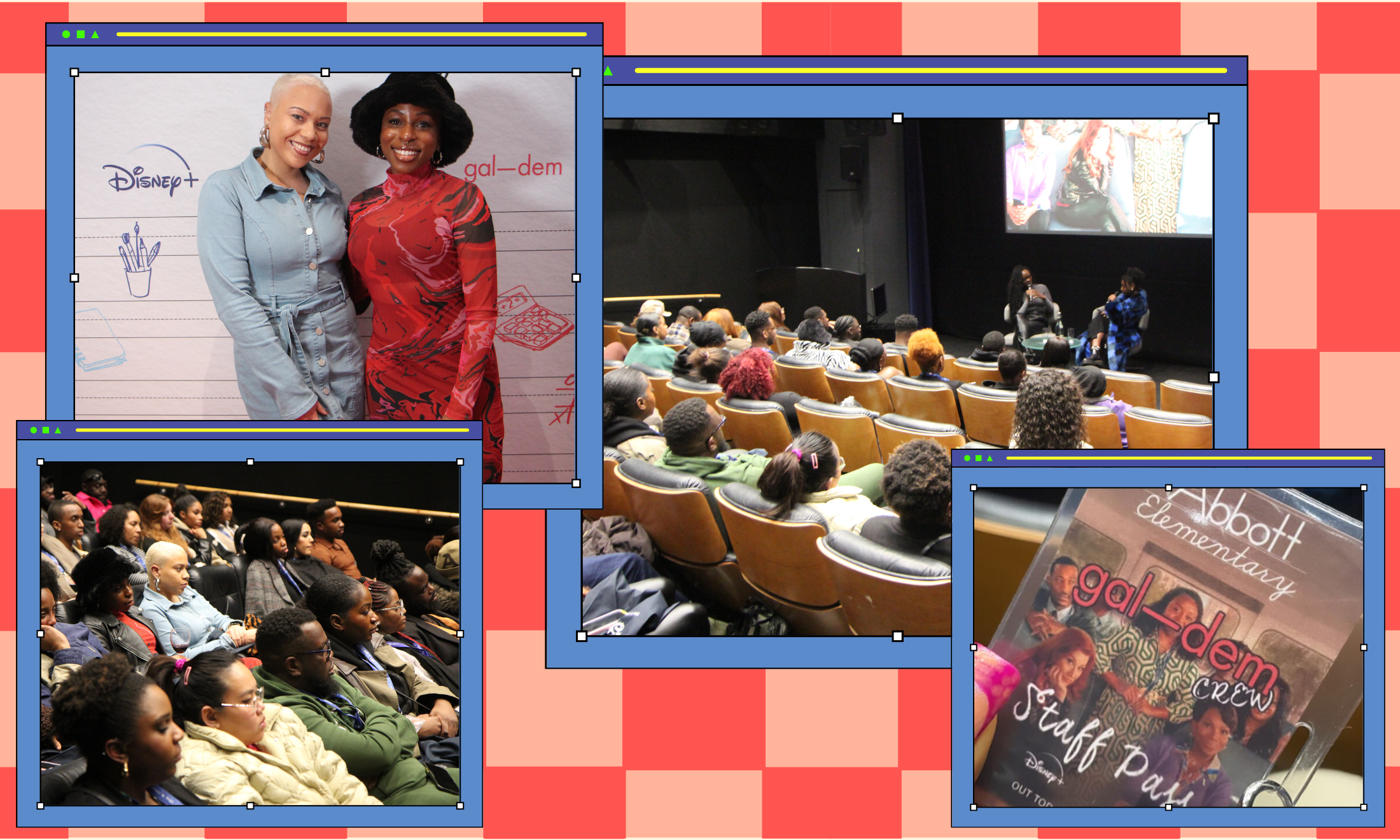
In my efforts to assimilate myself into Canadian culture I used to blame and cherish my Third Culture Kid (TCK) status as the reason why I didn’t fit in: I was a child raised outside of my parents’ culture during my formative years. I began to find community and immerse myself in a TCK culture characterised by swearing in different languages, starting the school year jet-lagged, boasting multiple stamp-covered passports, calculating time differences and dreading “where are you from” but always having two responses ready, a long version and a short version. It took me years to realise that TCK culture has a huge race problem.
There are many, many TCK-identifying people of colour, and I don’t wish to ignore that reality. However, by TCK culture I refer to the discourse around TCKs, the way TCKs are studied, written about and represented. This discourse is undeniably and overly dominated by the experiences of upper class white people, and its representation of people of colour is tarnished by respectability politics and class privilege.
Living in American compounds working on their IB diplomas at the International School of Whatever, many TCKs are children of white diplomats, military personnel, missionaries or businesspeople in the global south. Until 30 years ago, TCKs were simply “expat” children; since non-western education was considered substandard, expat kids were sent back home to boarding schools at a very young age. While white TCKs still go back to their “passport country” for college, for the past two decades international schools catering to the standards of expats have flourished across the globe. So, too, have TCKs and a culture painfully blind to colonialism and imperialism while massively benefitting from both.
The hierarchy of foreignness exemplified by the expatriate versus immigrant dichotomy is key to understanding what makes a TCK: while “immigrant” is overwhelmingly used to refer to a person of colour living in the west, “expatriate” refers to a white person living in the East. As currently used, expat and TCK are white people’s equivalent for a migrant of colour and their children, used to elevate white migrants’ status and differentiate them from immigrants. Falling on either side of the dichotomy depends on a person’s race and the wealth of native country.
The time span of this relocation changes nothing. I know many people of colour who have lived abroad for a short period of time, still called immigrants, and many white people living abroad for their entire lives, only to become labeled “lifelong expats”. TCK as a concept didn’t exist two decades ago, not because the experience of migration, nostalgia and yearning for a home hadn’t existed before, but because children of immigrants were always just, well, immigrants, separated one degree from their parents by a generation.
“TCK culture is race-blind, but this only leads to it embodying, promoting and glorifying whiteness only.”
And double standards don’t end here. Much of TCK writing and discussions have a futuristic post-racial aura where nationality, culture and skin colour don’t matter. Except that they do. TCK culture is race-blind, but this only leads to it embodying, promoting and glorifying whiteness only. Lack of familiarity with pop culture references makes TCKs “cute” but immigrant children “fobby”. TCKs hate “where are you from” because it’s “complicated”, not because of their fear of what often comes next: “where are you really from?”
With all the talk of travel, passports and planes, TCK culture never acknowledges the dehumanisation that bodies of colour and holders of inferior passports are subject to at airports. Expats hang out in “expat bubbles” while immigrants are often blamed for socialising with their ethnic group, seen as a refusal to integrate. While people of colour are shamed for their subpar English and accents, many expats live abroad without feeling the slightest obligation to learn the local language. Not to mention how the TCK accent, mostly American with a few hints of other languages, is considered adorable while people of colour are often told their accents are not understandable. While many people of colour plan for their children to be born in the west simply to give them a better shot at life, TCKs born abroad are considered edgy because, well, their white privilege saves them from their inferior place of birth.
“TCKs can proudly claim that they don’t feel American and are instead citizens of the world, while Muslims are forced again and again throughout their life to renounce their ties to their religion and homeland to prove how American they are.”
TCKs brag about the ability to reinvent themselves again and again, completely oblivious that so many migrant people of colour do not have access to such fluidity of identity as white supremacy is pervasive around the world. TCKs can proudly claim that they don’t feel American and are instead citizens of the world, while Muslims are forced again and again throughout their life to renounce their ties to their religion and homeland to prove how American they are. And, really, none of my friends of colour feel Canadian or American as defined by nationalist narratives, yet if they dared to express this they would risk being labeled “ungrateful immigrant” and instructed to return to where they came from. My last interaction with TCK culture was almost a year ago at a TCK gathering, when a white TCK claimed to have been racially discriminated against since his “fellow Asians” didn’t welcome him into Chinese student group. He went on to inform me that growing up between cultures had taught him that race is an irrelevant category and that love fixes everything.
I do know how hard it is to say goodbye, to pack up yet another room, to know that there is no return. But that’s not because I’m a TCK, that’s because I’m an immigrant. TCK culture cannot see itself as removed from wider patterns of migration, racial profiling, racist immigration systems and neocolonialism. I want white TCKs to take a step back because, while nostalgia for homes you’ve never had is an intensely difficult emotions, never once have I seen a TCK acknowledge that movement around the world is not the only reason one can feel rootless. Children of colour can be born and raised in the West yet never feel a true connection to their birth countries, no matter if they’ve never visited their ancestral homeland, no matter if their well-intentioned parents shielded them from their culture all their lives to help them assimilate. Yet, the experience of people of colour is never packaged as a fancy, edgy title to write listicles about. I want white TCKs to take a step back in conversations about culture, alienation, nationality and migration because some of the worst racism I have experienced has come from TCKs. The pervasiveness of racism in TCK communities are testaments to the inefficacy of “diversity” and exposure to other cultures in dismantling white supremacy.









